At the discussion session on the draft Law amending and supplementing a number of articles of the Law on Handling Administrative Violations on the afternoon of June 11, many National Assembly deputies proposed that it is necessary to more clearly define the authority to impose administrative sanctions in the context of organizing local governments according to a two-level model.
Supplementing principles for determining sanctioning authority
With the aim of amending and supplementing truly urgent regulations to remove difficulties and shortcomings arising from practice, a number of National Assembly deputies agreed with the amended and supplemented contents of this draft Law to serve the arrangement and streamlining of the apparatus and organization of two-level local governments, implementing the application of information technology in handling administrative violations and simplifying administrative procedures.
Delegate Phan Thi My Dung, Director of the Department of Justice of Long An province (Long An National Assembly delegation) said that in practice, in the past, the application of regulations on temporary detention and confiscation of exhibits and means in cases where the detention period has expired but the violator or owner does not come to receive them has encountered many difficulties and obstacles, because the exhibits and means must be temporarily detained for more than 1 year, and then a decision to confiscate and handle the exhibits and means of violation must be issued.
According to the delegate, the above detention period is too long, leading to damage and loss of value of the exhibits and means of violation, causing social waste. In many cases, competent authorities only liquidate the assets (sell scrap) after a confiscation decision is made.
In addition, the long detention also causes a backlog of evidence and means of violation, especially in the fields of road traffic (violation of alcohol concentration, no vehicle registration, ...), trade (smuggling, transporting prohibited goods) ... violators abandon the evidence due to the high fines.
This leads to many warehouse costs for storage and management of confiscated items and means of violation, as well as many potential risks for the task force, while the confiscated items are prohibited goods such as cigarettes, firecrackers, sugar, alcohol, clothes, etc., and violators, owners, managers or legal users almost never come to receive them.
Meanwhile, the announcement twice on the mass media according to current regulations, according to the delegate, is also a formality, and people have not yet accessed this source of information. There are many cases of problems when the vehicle is transferred to many people but the purchase, sale, and transfer procedures are not completed. Although the authorities can verify the person whose name is on the registration certificate, the result is that it is not the current owner of the property.
National Assembly Deputy Pham Dinh Thanh (Kon Tum) noted that the draft Basic Law has amended and supplemented specific provisions and covered urgent issues to promptly serve the Party's policy on streamlining the apparatus in the political system and overcoming the limitations and inadequacies of the current law.
Delegate Nguyen Tam Hung said that the draft Law has not yet specifically stipulated the principles for determining the authority to impose penalties in cases of mergers.
National Assembly Deputy Nguyen Tam Hung (Ba Ria - Vung Tau) was interested in the content of the sanctioning authority of the positions, noting that the provisions in Clause a, Article 37 of the draft Law expand the authority for many positions but have not clarified the scope of limitations, potentially leading to overlap and difficulty in uniformly applying the law in practice.
Therefore, delegate Nguyen Tam Hung suggested that the Drafting Committee consider legalizing the principle of determining the authority to impose penalties in the form of an appendix attached to the Government's Decree to ensure flexibility and consistency in law enforcement. In addition, the delegate also suggested that it is necessary to specify more clearly the authority to impose administrative penalties in the context of organizing local governments according to a two-level model.
"In the context that localities are implementing administrative unit rearrangement, determining the sanctioning authority between state administrative agencies becomes urgent to ensure clarity, no overlap or gaps in implementation."
Emphasizing this, delegate Nguyen Tam Hung also said that the draft Law has not yet specifically stipulated the principles for determining the authority to impose sanctions in cases of merger, dissolution or adjustment of functions of specialized agencies at district and provincial levels.
Delegate Nguyen Tam Hung also said that the draft Law has not yet specifically stipulated the principles for determining the authority to impose penalties in cases of mergers.
Raising fines needs careful consideration
Some National Assembly deputies said that raising fines should be carefully considered for each specific act, based on specific, clear and highly practical criteria.
Accordingly, it is necessary to base on the socio-economic development conditions of the country in each period, especially the average income of the people.
Fines that are too high compared to the people's ability to pay, especially low-income workers, not only cause frustration but can also lead to consequences such as evasion, resistance, or negativity in the process of handling violations.
On the other hand, it is necessary to assess the level of danger, nature and consequences of each violation. Serious violations that affect public health, social security and state and people's assets must be severely punished with high fines.
On the contrary, for first-time violations, unintentional errors or minor consequences, appropriate sanctions should be applied, with educational and deterrent effects but without causing unnecessary burdens on the people.
Vice Chairman of the National Assembly Tran Quang Phuong suggested that the Ministry of Justice preside over and coordinate with the Standing Committee of the Law and Justice Committee and relevant agencies to study and help the Government absorb, explain, and revise the draft Law to ensure the highest quality and report to the National Assembly Standing Committee for comments before submitting it to the National Assembly for consideration and approval at the 9th Session.
Phuong Lien
Source: https://baochinhphu.vn/nang-muc-xu-phat-hanh-chinh-can-can-nhac-than-trong-ky-luong-102250611184345539.htm


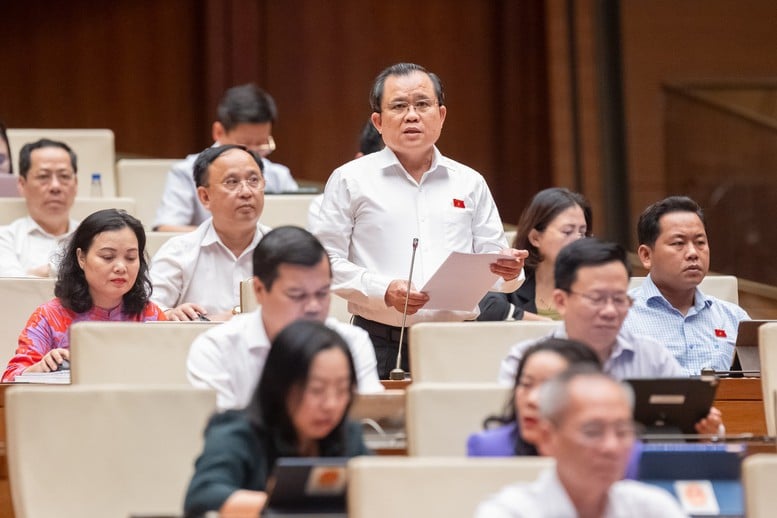








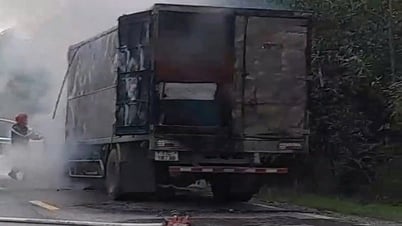



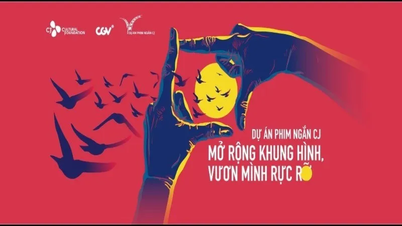









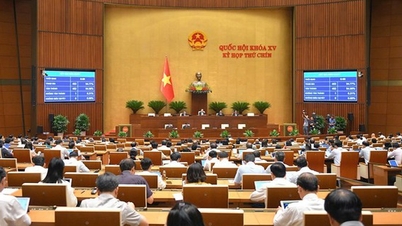





![[Photo] Prime Minister Pham Minh Chinh receives leaders of several Swedish corporations](https://vphoto.vietnam.vn/thumb/1200x675/vietnam/resource/IMAGE/2025/6/14/4437981cf1264434a949b4772f9432b6)





































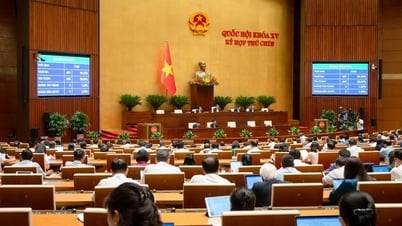
























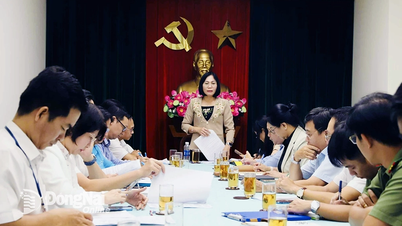





Comment (0)